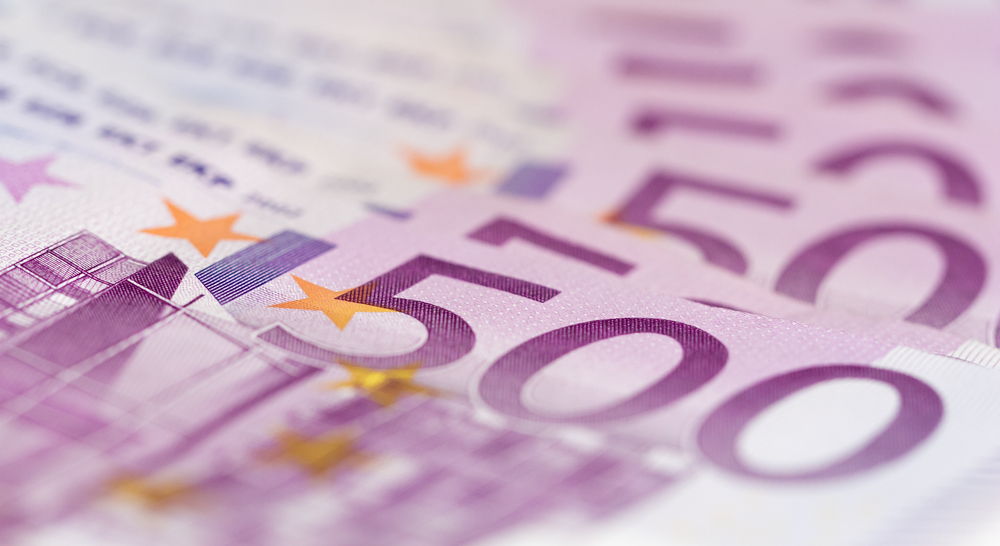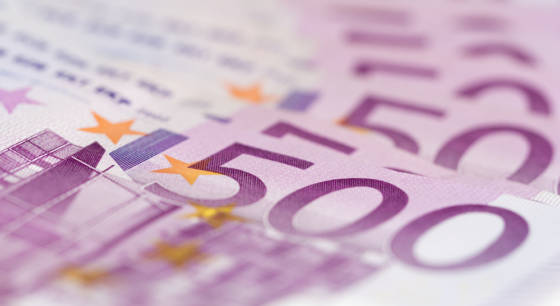Coronavirus will drive Dutch budget deficit up to 12% of GDP: Hoekstra


The Dutch cabinet expects the budget deficit to reach an all time high of €92bn this year, or 11.8% of GDP, finance minister Wopke Hoekstra says in his spring financial statement.
The total is far higher than the worst case scenario suggested by the government’s macro-economic think-tank CPB at the end of March when it put the maximum impact at 7% of GDP.
Under EU rules, the budget deficit should be no higher than 3%, but agreement has been reached on breaching that limit because of the coronavirus crisis.
The new figure is based on International Monetary Fund figures which suggest the economy will shrink by 7.5% because of coronavirus. Nevertheless, Hoekstra said, that figure may need ‘hefty updating’ because of the uncertainties in the current storm.
Bail out
For example, the new figure is based on a €20bn bail out for industry and in income support, but work is already underway on a second package of measures from June. Tax receipts are also likely to be hit because many companies are delaying paying their taxes, while rising unemployment will hit income tax payments and increase spending on unemployment and welfare benefits, Hoekstra said.
The statement also shows that the national debt will rise to 65% of GDP, when the 2020 official spending plans assume a 48% deficit. Within Europe agreement has been reached on relaxing the strict 60% level in special circumstances.
‘Our finances might be in good shape and we can absorb a hefty economic blow, but the spring statement also shows that healthy government finances cannot be taken for granted,’ Hoekstra said.
‘The focus at the moment is on combating the crisis, but once this is over, we will have to look at where we are and what would be sensible policy to restore them,’ Hoekstra said.
Financial help
According to the Volkskrant, over 103,000 companies have so far applied for help in paying wages under the Now scheme, at a cost so far of €5.8bn. The total amount set aside for the scheme is €10bn.
A further 300,000 self-employed have put in a request for financial help of up to €1,500 a month under the Tozo bridging scheme, well above the 240,000 estimated by the government. The cost to the treasury so far is €1.45bn.
In addition, 131,000 companies have applied for help under the Togs scheme, which allows them to claim up to €4,000 to help pay rent and other fixed costs. So far that bill runs to €421m, the VK said.
Thank you for donating to DutchNews.nl.
We could not provide the Dutch News service, and keep it free of charge, without the generous support of our readers. Your donations allow us to report on issues you tell us matter, and provide you with a summary of the most important Dutch news each day.
Make a donation